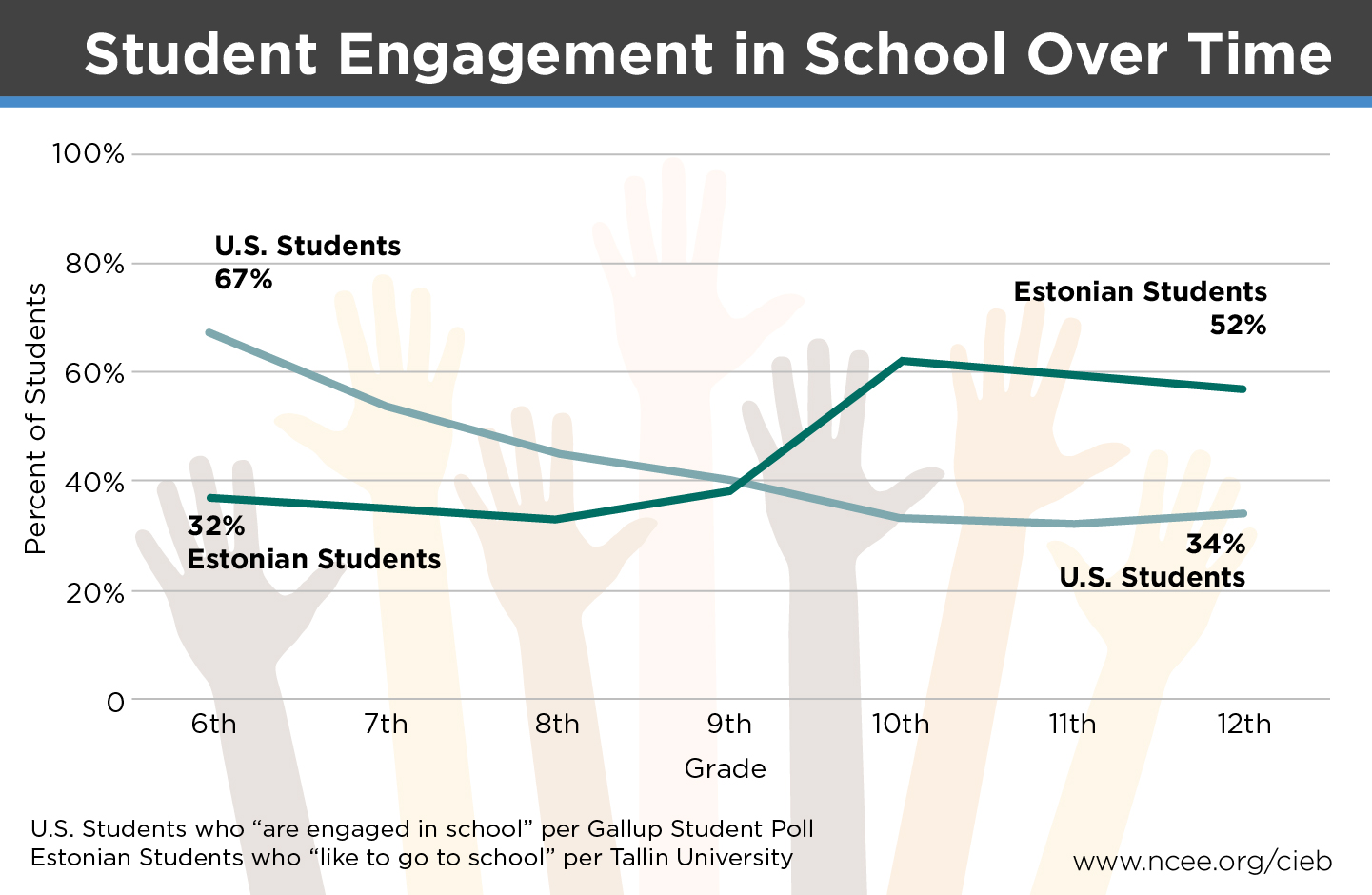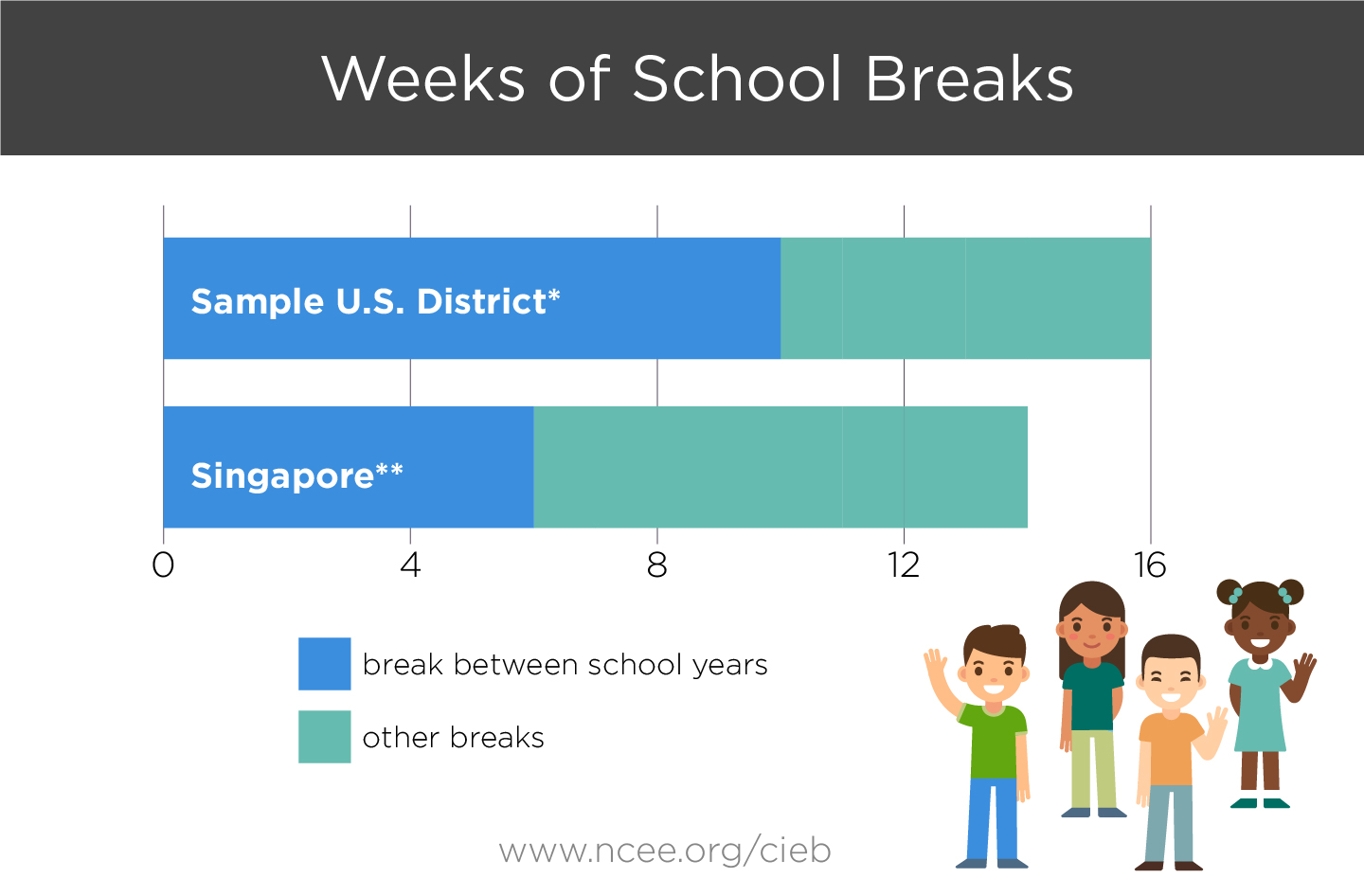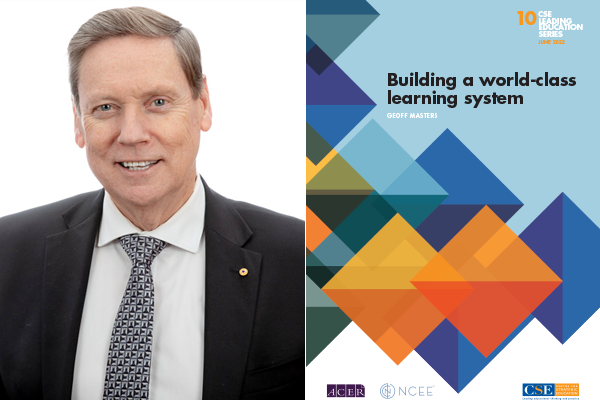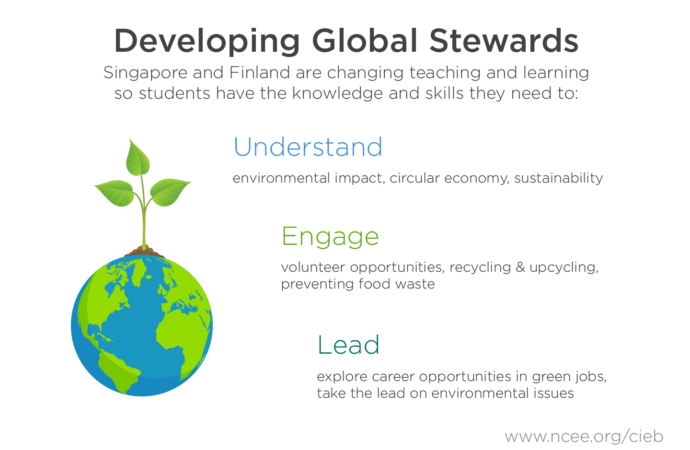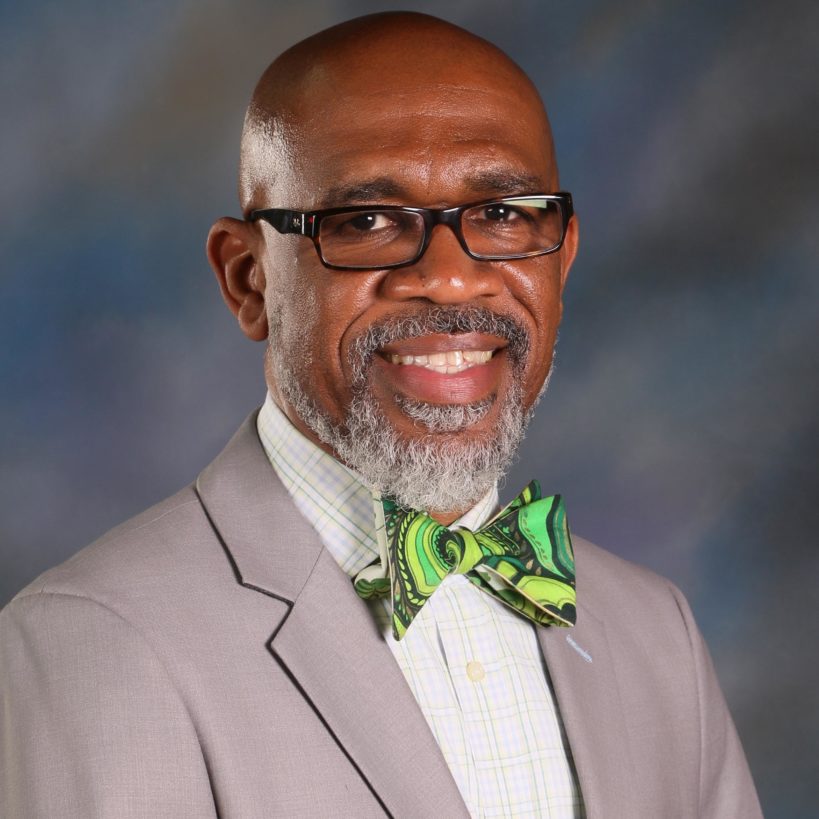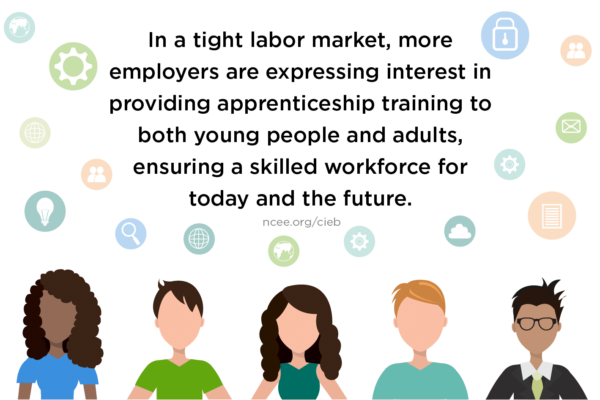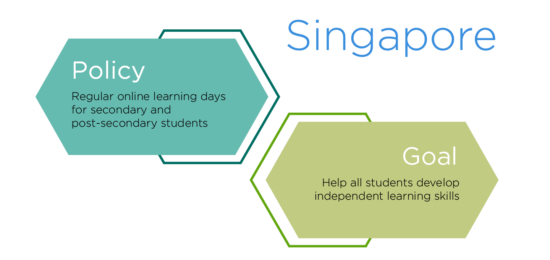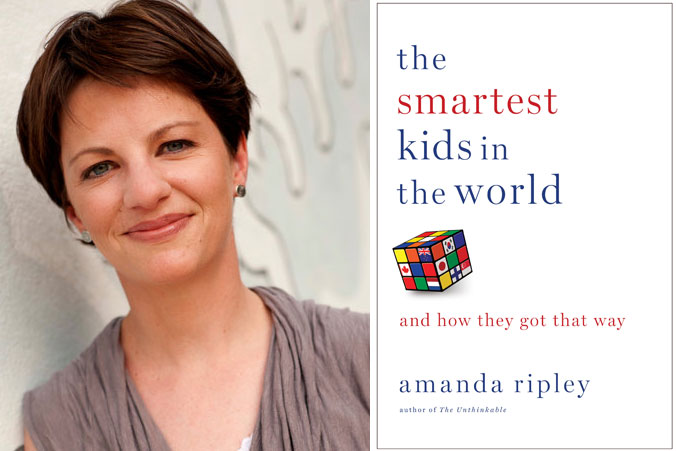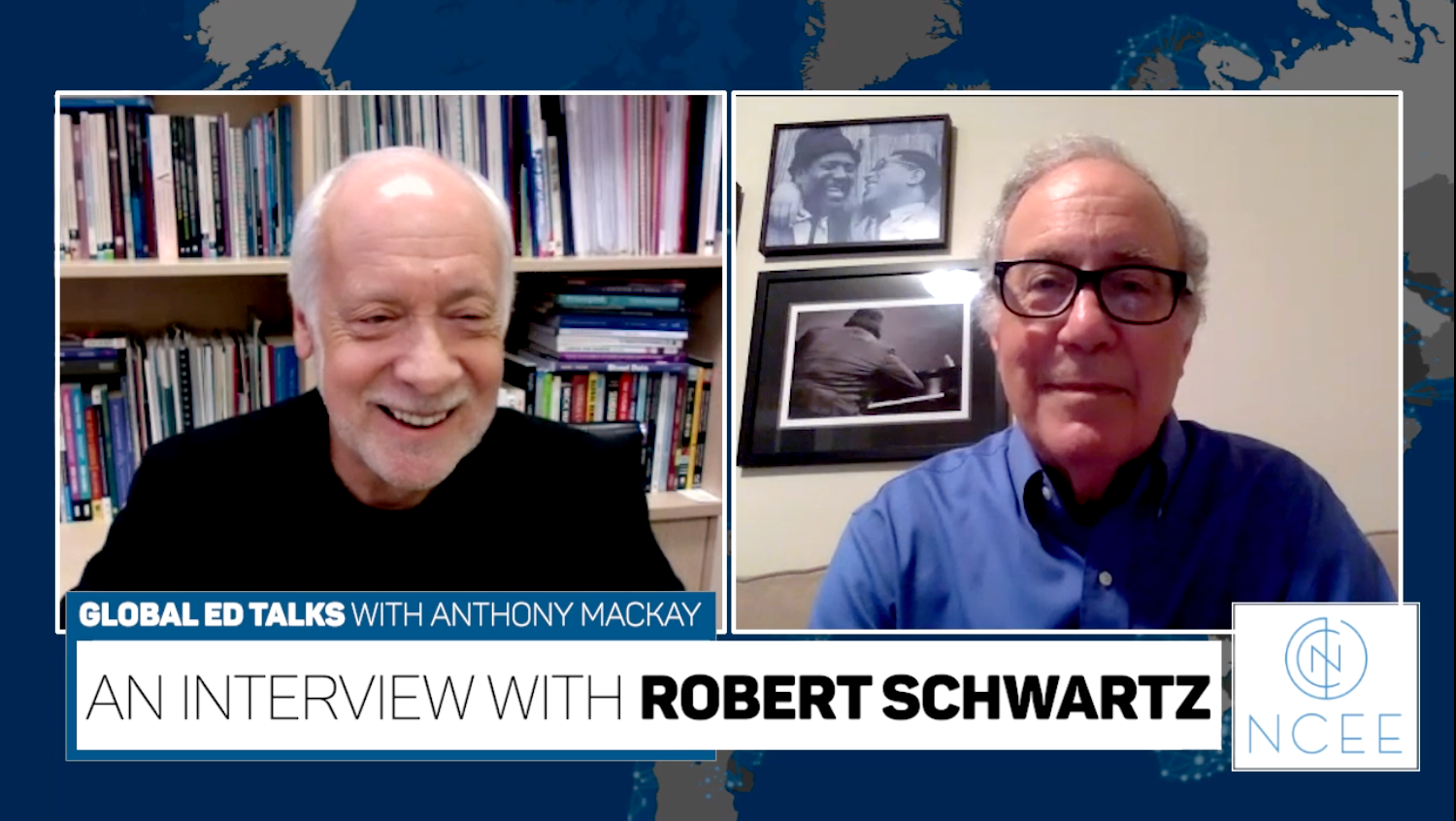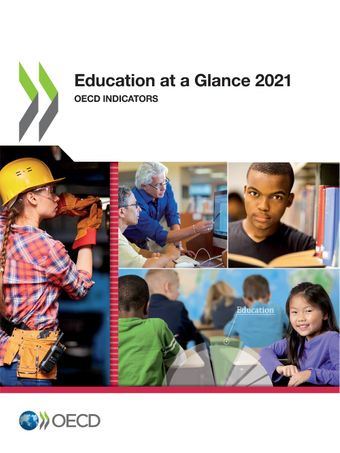After years of disruption, student motivation in American schools is lower than ever before. What does Estonia, a country whose teens are more enthused for learning, do that U.S. schools can look to?
Geoff Masters, CEO of the Australian Council for Educational Research (ACER), writes about how five jurisdictions that have performed unusually well on the OECD’s PISA assessment organize their school systems now and how these jurisdictions are aiming to transform their systems to better meet the changing economic and social context.
Countries around the world are grappling with the reality of climate change and what it will mean for the next generation. Singapore and Finland have responded with national plans to rethink how their citizens use resources to foster greater sustainability, including actions that schools can take to better prepare students to take on the challenges ahead of them.
This just-released report outlines the rich conversations that took place among leaders from a set of the world’s highest-performing education systems about the impact of digitalization and other global trends on the future of work and civil society; what this means for what students should learn and how they should learn it; and how this might change the role of educators and the design of public education systems.
Superintendent Cederick Ellis found that replacing rigid class structures in an elementary school with a more student-tailored approach boosted student outcomes. He is now taking that approach to the rest of the schools in Mississippi’s McComb School District.
Tracey Burns, an international education researcher, talks with NCEE’s Anthony Mackay about potential directions for education around the world.
With increased interest in and funding for apprenticeships in the U.S., Switzerland’s world-class apprenticeship model offers lessons for how to build a CTE system that is both appealing to students and valued by industry.
The writer of The Smartest Kids in the World speaks with NCEE’s Jason Dougal about the lessons she’s learned following students studying abroad.
In this Global Ed Talk, NCEE CEO Anthony Mackay speaks with Bob Schwartz, professor at Harvard University and co-founder of the Pathways to Prosperity network, about what America needs to do to update its CTE system to match leading countries around the world.

